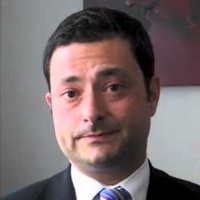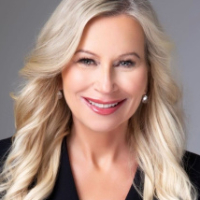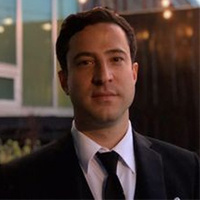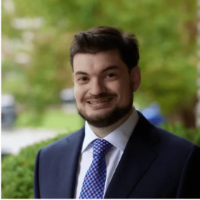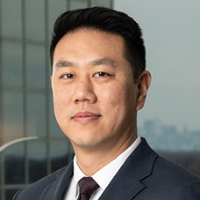Toronto DUI-DWI Lawyer, Ontario
Sponsored Law Firm
-
 x
x

Click For More Info:
-
Caramanna, Friedberg LLP
700 Bay St 405, Box 144 Toronto, ON M5G 1Z6» view mapCriminal Defense Law Defending Your Rights
Caramanna, Friedberg LLP provides comprehensive legal advice and vigorously protects the rights of clients facing criminal charges and regulatory offences.
416-924-5969
Not enough matches for Toronto DUI-DWI lawyer.
Below are all Toronto lawyers.
Matthew Adam Friedberg
✓ VERIFIEDMatthew Friedberg has been a criminal defence lawyer his entire career. He has successfully represented thousands of clients charged with every type o... (more)
John Edward Charles Hyde
✓ VERIFIEDJohn-Edward C. Hyde is a Partner and Chair of the Management-side Labour Group, at Hyde HR Law. John is one of only 22 lawyers in Canada, certified as... (more)
Leanne Townsend
✓ VERIFIEDProviding a unique combination of family or criminal law legal services and life coaching using a holistic approach. Helping clients as a lawyer, sup... (more)
Jeffrey Avrum Perlmutter
✓ VERIFIEDMy clients appreciate the personal service they receive from my firm. I believe it is important to keep in touch with clients and to keep them regular... (more)
Jonathan Kleiman
✓ VERIFIEDI am looking forward to seeing how I can help you. Don’t hesitate to call!
Michael Nelson Freeman
✓ VERIFIEDMichael’s primary areas of practice are family law and civil litigation. This includes labour and employment law, personal injury and motor vehicle ... (more)
Harrison Simon Jordan
✓ VERIFIEDHarrison Jordan is the Founder and Managing Lawyer at Substance Law, a law firm with a focus on Canadian legal matters related to regulated substances... (more)
Nasif Abdullah
✓ VERIFIEDNasif Abdullah is a practicing attorney in Ontario handling Immigration and Criminal Defense matters.
Megan Michelle Johnston
✓ VERIFIEDMs. Megan Johnston is an Associate Lawyer at Smitiuch Injury Law. After articling with the firm, she was Called to the Bar on June 20, 2014. She will ... (more)
 Matthew Friedberg Toronto, ON
Matthew Friedberg Toronto, ON AboutCaramanna, Friedberg LLP
AboutCaramanna, Friedberg LLP Practice AreasExpertise
Practice AreasExpertise